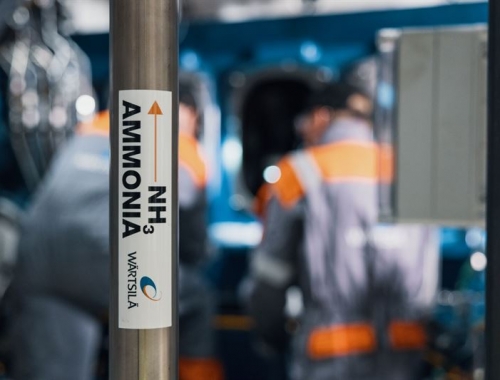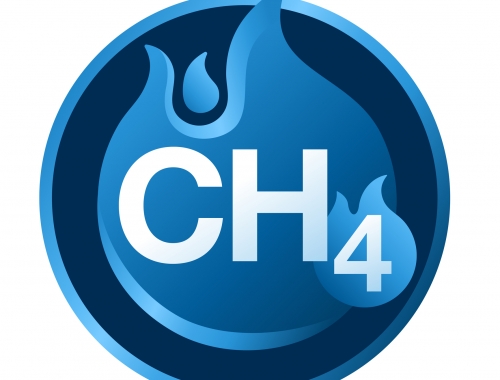OGCI members achieve 40% cut in absolute methane emissions since 2017
SUMMARY
OGCI members are aiming to bring methane emissions from their operated assets to near zero by the end of the decade.
By Joseph MurphyPOSTED IN:
Members of the Oil and Gas Climate Initiative (OGCI) managed to curb their absolute upstream methane emissions by 40% in 2021 compared with the level in 2017, the organisation said on October 13, noting that this amounted to a 800,000 metric tons cut in emissions of the greenhouse gas.
OGCI's members, which include some of the world's leading oil and gas companies, aim to bring methane emissions from their operated assets to near zero by the end of the decade.
"After five years of independently verified data collection and publication we are seeing a truly significant drop in absolute methane emissions across our member companies," the chair of OGCI's executive committee, Bjorn Otto Sverdrup, said in a statement. "This success, coupled with increases in low carbon investment and reductions in carbon dioxide emissions, proves that our members are on course to achieve their aim of net zero emissions from operations under our control."
The initiative's 2021 performance data report also shows that they nearly doubled investment in low-carbon technologies in 2021, with the funds going towards both renewable energies and carbon capture, utilisation and storage (CCUS). The total spend on low-carbon technologies in the last five years amounted to $40bn.
OGCI members have also managed to reduce CO2 emissions from downstream operations by 11% since 2017, with a 3% decrease registered in 2021.
"This slower reduction reflects the difficulty in reducing carbon intensity in the downstream sector," OGCI said. "Unlike upstream operations, which can, for example, halt flaring and venting as part of their carbon intensity reduction strategy, there are fewer straightforward solutions available for refineries and chemical plants."







